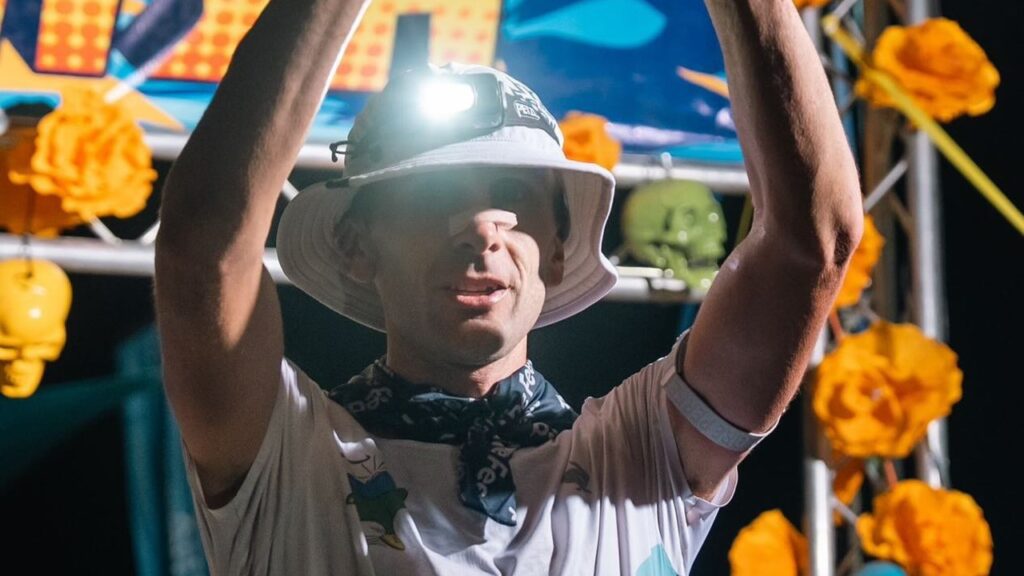David Roche’s recent experience at the Western States 100 provides a poignant reminder of the psychological and physiological challenges that ultrarunners often confront, making it particularly relevant for experienced trail runners preparing for demanding mountain races. Roche, who transitioned from coach to competitor, faced significant hurdles during the race, which culminated in his decision to withdraw. This incident underscores the importance of mental preparation, even for seasoned athletes.
During the race, Roche encountered moments of heightened anxiety, describing feelings akin to being “a patient in a coma.” Such mental states can hinder performance, especially in races characterized by unpredictable terrain and extreme conditions, common in ultra-distance events. Roche’s admission to experiencing panic attacks during the race is noteworthy; it highlights how cumulative stress from both training and previous experiences, such as his near-fatal bike accident, can impact mental resilience on race day.
The emotional response evoked by competitors and spectators during Roche’s moment of distress reveals the communal aspect of trail running culture, which is particularly crucial in ultra races where camaraderie can help mitigate individual challenges. The crowd’s supportive chants provided Roche with encouragement, allowing him to push through a critical phase of his run. However, the mental toll was evident, and he expressed a desire to give up at one point—a sentiment that can resonate with many athletes battling both physical fatigue and mental strain in mountain races.
Roche’s decision to seek therapy in the aftermath of Western States emphasizes the need for mental health support among ultrarunners. The physical demands of trail running can often overshadow the equally important psychological elements of performance. Many experienced runners understand that developing a robust mental game is just as vital as training the body. Roche’s insight into processing such experiences serves as an important reminder that psychological preparedness can affect overall performance and recovery.
One salient takeaway from Roche’s narrative is the realization that vulnerability is part of the ultra experience. Just as runners often meticulously strategize training regimens, nutrition, and gear selections with an eye toward performance, mental health should not be an afterthought. Acknowledging fears and anxieties around performance and preparation can lead to better coping mechanisms, ultimately leading to improved race outcomes.
As athletes gear up for high-stakes races such as the UTMB, it is crucial to recognize that emotional wellness and mental fortitude are interwoven with physical conditioning. Engaging with psychological support, whether through therapy or peer discussions, can equip runners with strategies to confront potential anxieties that arise in competitive settings. The racecourses may be daunting, but preparing the mind to tackle these challenges can prove equally essential to achieving personal bests or making those all-important qualification cuts.
In preparation for upcoming races, ultrarunners should consider integrating mental training into their routines. This could take the form of visualization techniques, mindfulness practices, or simply fostering open dialogues about experiences and emotions related to racing. As Roche demonstrated through his experience, acknowledging and processing fear can not only enhance personal performance but contribute positively to the broader ultrarunning community.
Ultimately, as you prepare for your next mountain ultra, remember that both body and mind require equal attention. Balancing structured training with a strategy for mental resilience can significantly shape your performance on race day.
